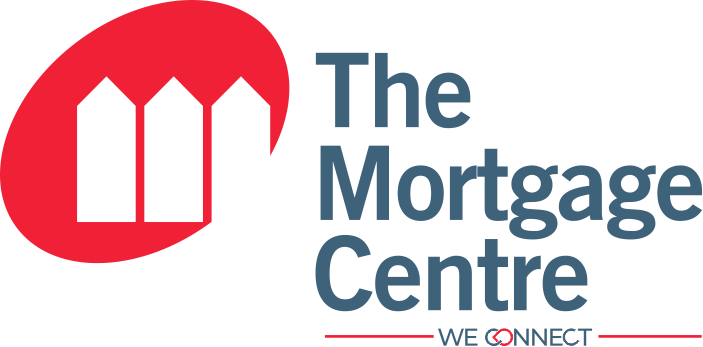What is a Pre-Approval?
The term pre-approval is widely used in the mortgage industry, yet its true implications are often misunderstood. One key benefit of a pre-approval is securing an interest rate for a specified period, usually around 120 days, protecting you from potential rate increases while you shop for a property.
For instance, if your pre-approval expires on March 31st, any purchase offer you make must have a completion date on or before that date to lock in the pre-approved rate. If you need more time, you can sometimes renew the pre-approval, but this will typically reflect current interest rates rather than the original rate.
The other crucial aspect of a pre-approval is loan qualification. While some large banks may only offer a rate hold without assessing your loan eligibility, mortgage brokers usually require upfront documentation such as income confirmation (like job letters, pay stubs, or tax assessments) and proof of down payment (such as bank statements or a gift letter). This verification ensures you qualify for the loan amount you're seeking and allows any income or down payment complexities to be addressed early in the process.
It's important to dispel the misconception that a pre-approval eliminates the need for a financing contingency clause in a purchase contract. Even with pre-approval, the lender must still approve the specific property being purchased, especially concerning condos or high-ratio financing that may require insurer approval.
While pre-approvals offer peace of mind and can enhance your negotiating position, particularly in stable or decreasing interest rate environments, they also provide a clear financial picture and empower informed decision-making during the home search. Discussing your financial situation with a broker upfront to establish a budget and secure a pre-approval may involve extra effort initially but can prevent future stress and uncertainty.
